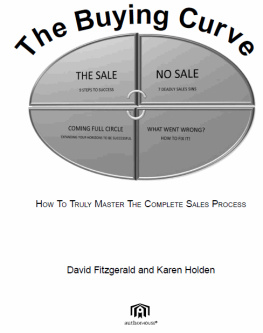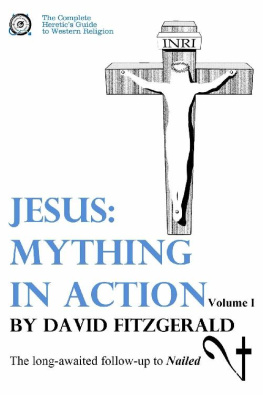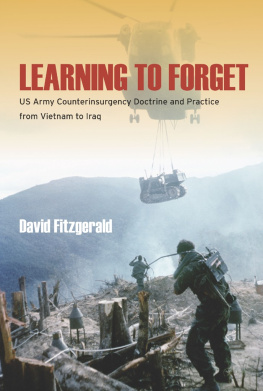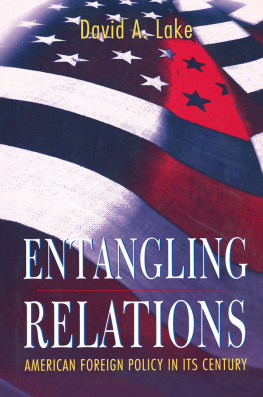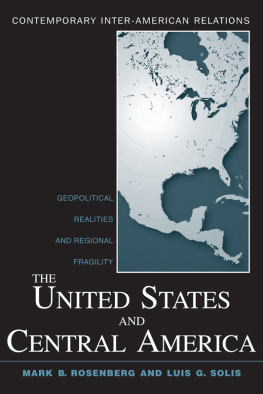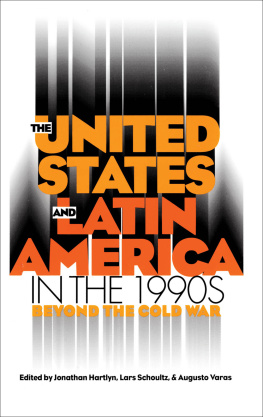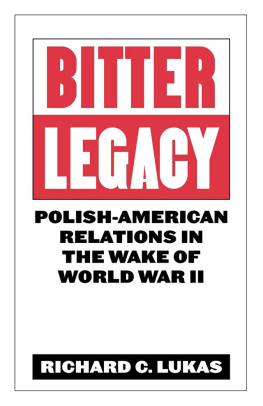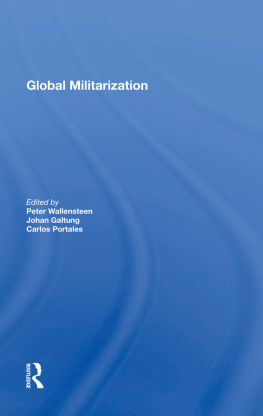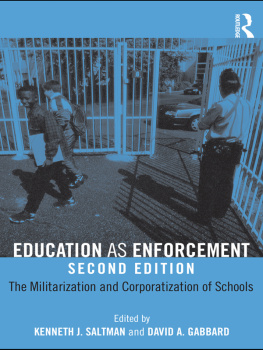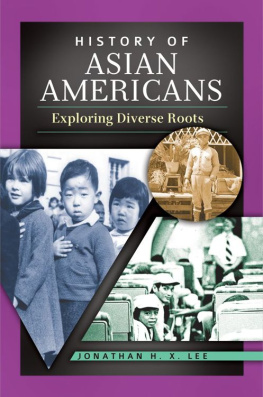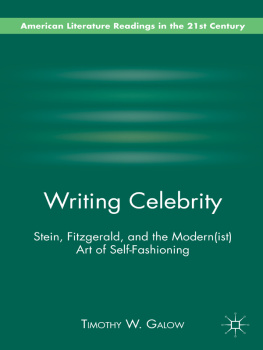For Sarah and Daniel.
New Approaches to International History
Series Editor:
Thomas Zeiler, Professor of American Diplomatic History, University of Colorado Boulder, USA
Series Editorial Board
Anthony Adamthwaite, University of California at Berkeley (USA)
Kathleen Burk, University College London (UK)
Louis Clerc, University of Turku (Finland)
Petra Goedde, Temple University (USA)
Francine McKenzie, University of Western Ontario (Canada)
Lien-Hang Nguyen, Columbia University (USA)
Jason Parker, Texas A&M University (USA)
Glenda Sluga, University of Sydney (Australia)
New Approaches to International History covers international history during the modern period and across the globe. The series incorporates new developments in the field, such as the cultural turn and transnationalism, as well as the classical high politics of state-centric policymaking and diplomatic relations. Written with upper level undergraduate and postgraduate students in mind, texts in the series provide an accessible overview of international diplomatic and transnational issues, events and actors.
Published
Decolonization and the Cold War , edited by Leslie James and Elisabeth Leake (2015)
Cold War Summits , Chris Tudda (2015)
The United Nations in International History , Amy Sayward (2017)
Latin American Nationalism , James F. Siekmeier (2017)
The History of United States Cultural Diplomacy , Michael L. Krenn (2017)
International Cooperation in the Early 20th Century , Daniel Gorman (2017)
Women and Gender in International History , Karen Garner (2018)
International Development , Corinna Unger (2018)
The Environment and International History , Scott Kaufman (2018)
Scandinavia and the Great Powers in the First World War , Michael Jonas (2019)
Canada and the World since 1867 , Asa McKercher (2019)
The First Age of Industrial Globalization, Maartje Abbenhuis and Gordon Morrell (2019)
Europes Cold War Relations , Federico Romero, Kiran Klaus Patel, Ulrich Krotz (2019)
United States Relations with China and Iran , Osamah F. Khalil (2019)
Public Opinion and Twentieth-Century Diplomacy , Daniel Hucker (2020)
Globalizing the US Presidency , Cyrus Schayegh (2020)
The International LGBT Rights Movement , Laura Belmonte (2021)
Global War, Global Catastrophe , Maartje Abbenhuis and Ismee Tames (2021)
Americas Road to Empire: Foreign Policy from Independence to World War One , Piero Gleijeses (2021)
Forthcoming
Rebuilding the Postwar Order , Francine McKenzie
China and the United States since 1949 , Elizabeth Ingleson
New Approaches to International History takes the entire world as its stage for exploring the history of diplomacy, broadly conceived theoretically and thematically, and writ large across the span of the globe, during the modern period. This series goes beyond the single goal of explaining encounters in the world. Our aspiration is that these books provide both an introduction for researchers new to a topic, and supplemental and essential reading in classrooms. Thus, New Approaches serves a dual purpose that is unique from other large-scale treatments of international history; it applies to scholarly agendas and pedagogy. In addition, it does so against the backdrop of a century of enormous change, conflict and progress that not only informed global history but also continues to reflect on our own times.
The series offers the old and new diplomatic history to address a range of topics that shaped the twentieth century. Engaging in international history (including but not especially focusing on global or world history), these books will appeal to a range of scholars and teachers situated in the humanities and social sciences, including those in history, international relations, cultural studies, politics and economics. We have in mind scholars, both novice and veteran, who require an entre into a topic, trend or technique that can benefit their own research or education into a new field of study by crossing boundaries in a variety of ways.
By its broad and inclusive coverage, New Approaches to International History is also unique because it makes accessible to students current research, methodology and themes. Incorporating cutting-edge scholarship that reflects trends in international history, as well as addressing the classical high politics of state-centric policymaking and diplomatic relations, these books are designed to bring alive the myriad of approaches for digestion by advanced undergraduates and graduate students. In preparation for the New Approaches series, Bloomsbury surveyed courses and faculty around the world to gauge interest and reveal core themes of relevance for their classroom use. The polling yielded a host of topics, from war and peace to the environment; from empire to economic integration; and from migration to nuclear arms. The effort proved that there is a much-needed place for studies that connect scholars and students alike to international history, and books that are especially relevant to the teaching missions of faculty around the world.
We hope readers find this series to be appealing, challenging and thought-provoking. Whether the history is viewed through older or newer lenses, New Approaches to International History allows students to peer into the modern periods complex relations among nations, people and events to draw their own conclusions about the tumultuous, interconnected past.
Thomas Zeiler
University of Colorado Boulder, USA
The vast bulk of this volume was completed during periods of relative isolation, first during the chaotic but joyful months after the birth of my son, and then during long stretches of pandemic-related lockdowns. This means that writing this book was a somewhat unusual experience: there were few opportunities to chat about it with colleagues over coffee, or to bounce ideas off friends at conference hotel bars, while bouts of writing had to be timed to coincide with toddler naps or for periods when public health restrictions eased enough for life to return to something approaching its normal rhythms. It does not, though, mean that the book was created alone. Working on this book gave me a wonderful opportunity to put myself in conversation with so much excellent scholarship on American war and militarization. Even if I could not engage with colleagues in person, I learned so much from reading their work, and I hope the book does their accumulated insights justice.
This book starts with the words of the late Marilyn Young and that is for good reason. Like so many people, I am enormously in debt to Marilyn for both her kindness and her brilliance. So much of my thinking on war and American culture was shaped by her scholarship, and I often wished I could email her for advice as I worked my way through drafts of this book. I would have loved to have sent her a copy of the finished product.
I am deeply grateful to Tom Zeiler for inviting me to contribute a volume to this series, and to Maddie Holder and Abigail Lane for helping me see it through to completion. I would also like to thank the anonymous readers who reviewed the book proposal and the manuscript and who provided helpful and constructive feedback that helped me to fine-tune the book.


